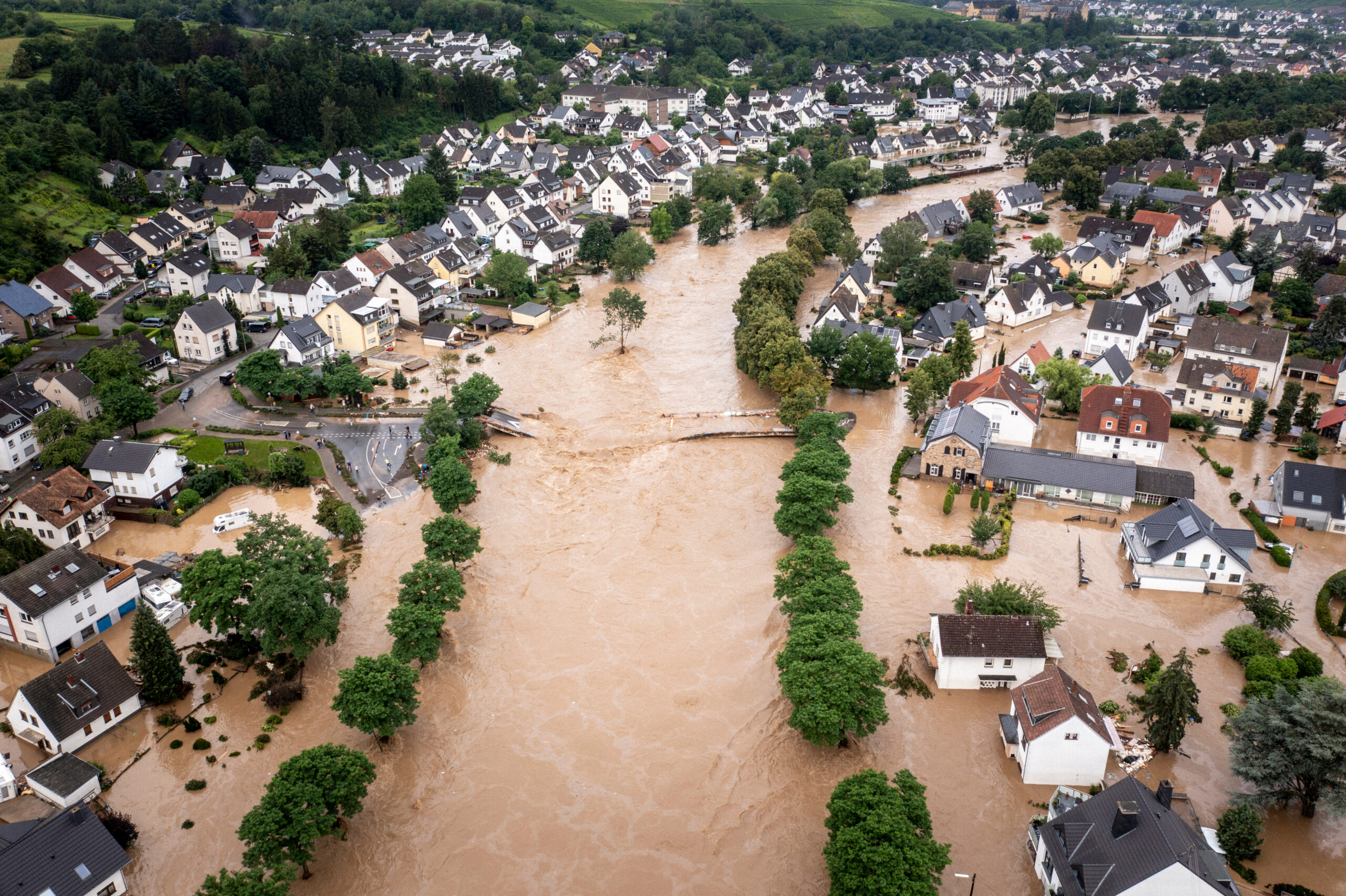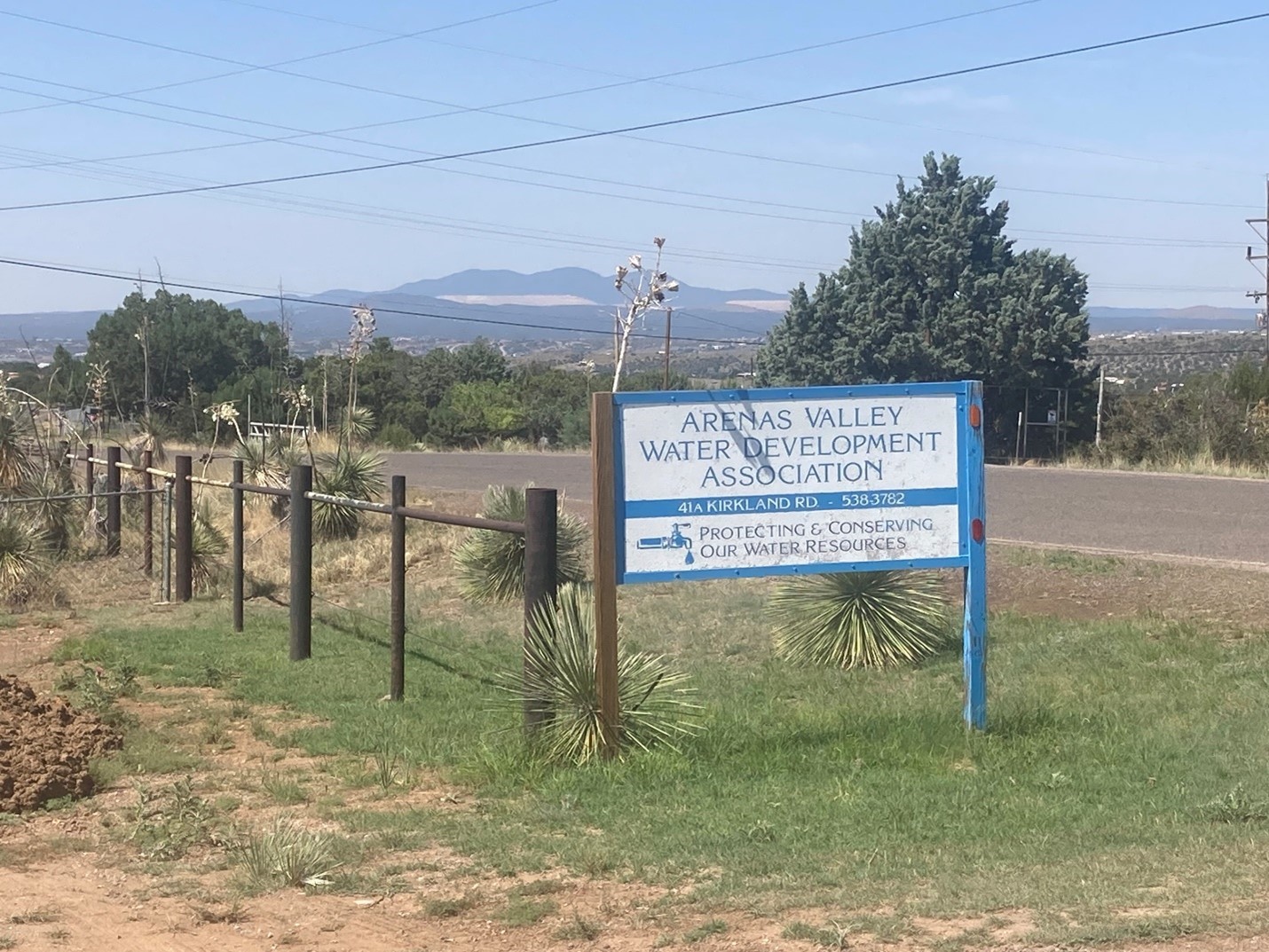A Drop of Knowledge®
Our monthly articles focus on practical insights related to infrastructure, capacity building and economic development in rural America. DOK offers concise, technical wisdom and expertise— like how-to’s, tips and quick guidance from our more than 300 technical assistance providers (TAPs) across the country.
Subscribe to A Drop of Knowledge
Enter your email address to start recieving Drop of Knowledge.








